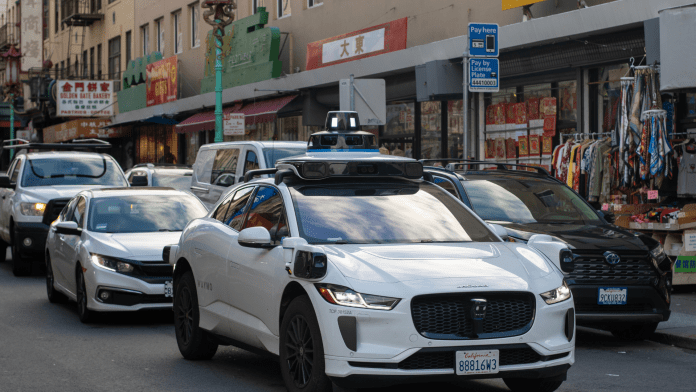Waymo announced it will begin testing its self-driving technology in Philadelphia as part of its ongoing expansion into northeastern U.S. markets. A limited fleet of manually operated vehicles with human safety drivers will collect data throughout the city from summer through fall 2025. The move follows similar efforts in New York City and supports Waymo’s broader goal of evaluating new markets for future ride-hailing services.
Here’s why it matters:
Waymo’s entry into Philadelphia signals growing momentum behind autonomous vehicle testing in densely populated and complex urban areas. For car dealers, particularly those in metro regions, this development could accelerate demand shifts in fleet sales, maintenance contracts and OEM partnerships. Dealers should pay close attention to how Waymo’s pilot phases impact local infrastructure planning, public-private partnerships and consumer sentiment toward AV technology, all of which may influence vehicle sales strategies, service training and inventory planning in the years ahead.
Key takeaways:
- Waymo begins testing in Philadelphia
A limited number of manually operated vehicles will run across city neighborhoods through the fall, gathering road and traffic data. - Testing supports future service planning
The data collected will help evaluate how Waymo Driver handles local roadways and whether Philadelphia is a fit for autonomous ride-hailing. - Effort is part of a regional rollout
Philadelphia joins New York City in Waymo’s northeast expansion, signaling a larger push into high-density metro areas. - Financial pressure drives growth efforts
Waymo brought in $1.65 billion last year but posted a $4.44 billion loss, adding urgency to scale its technology commercially. - AV deployment could reshape dealer business
Widespread AV adoption may affect fleet sales, service operations and the type of vehicles dealers stock and support.



